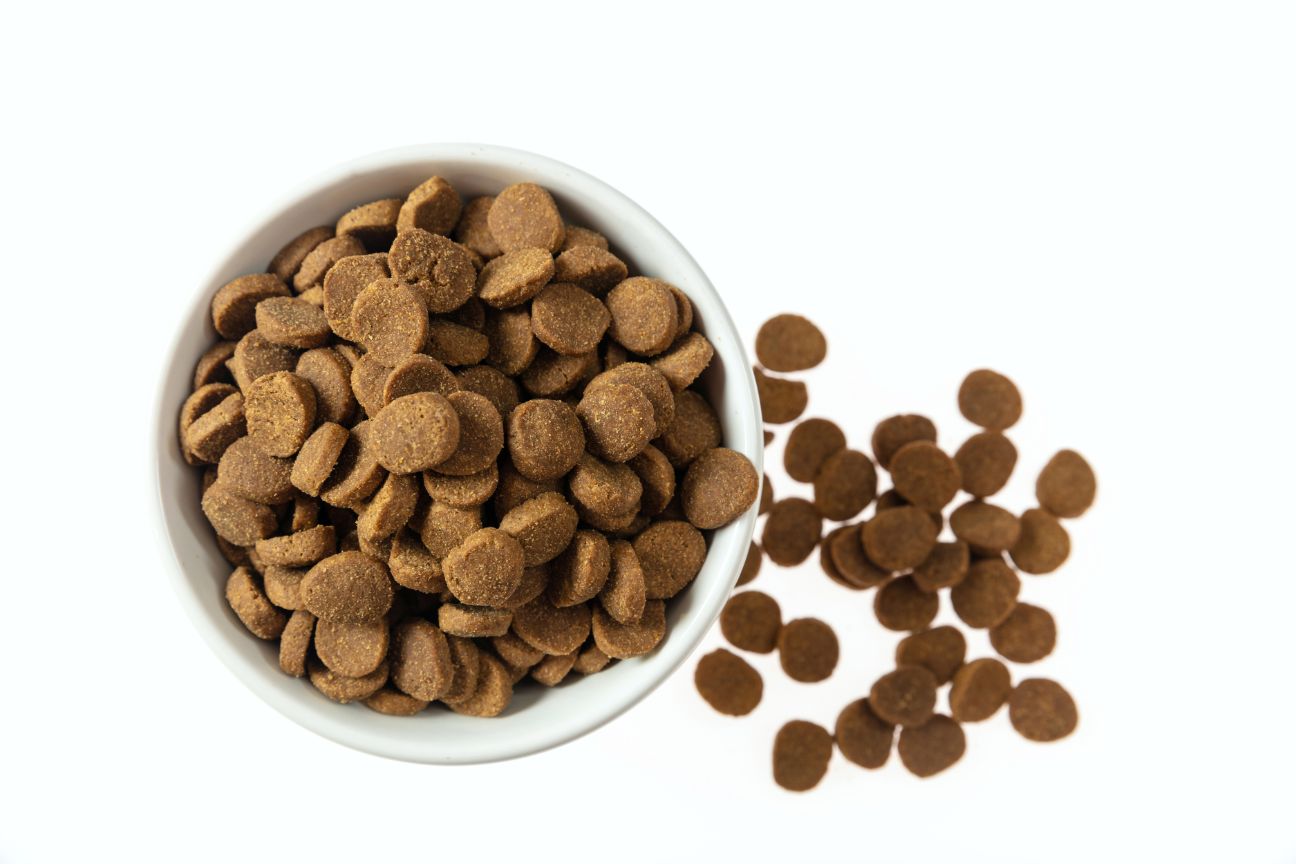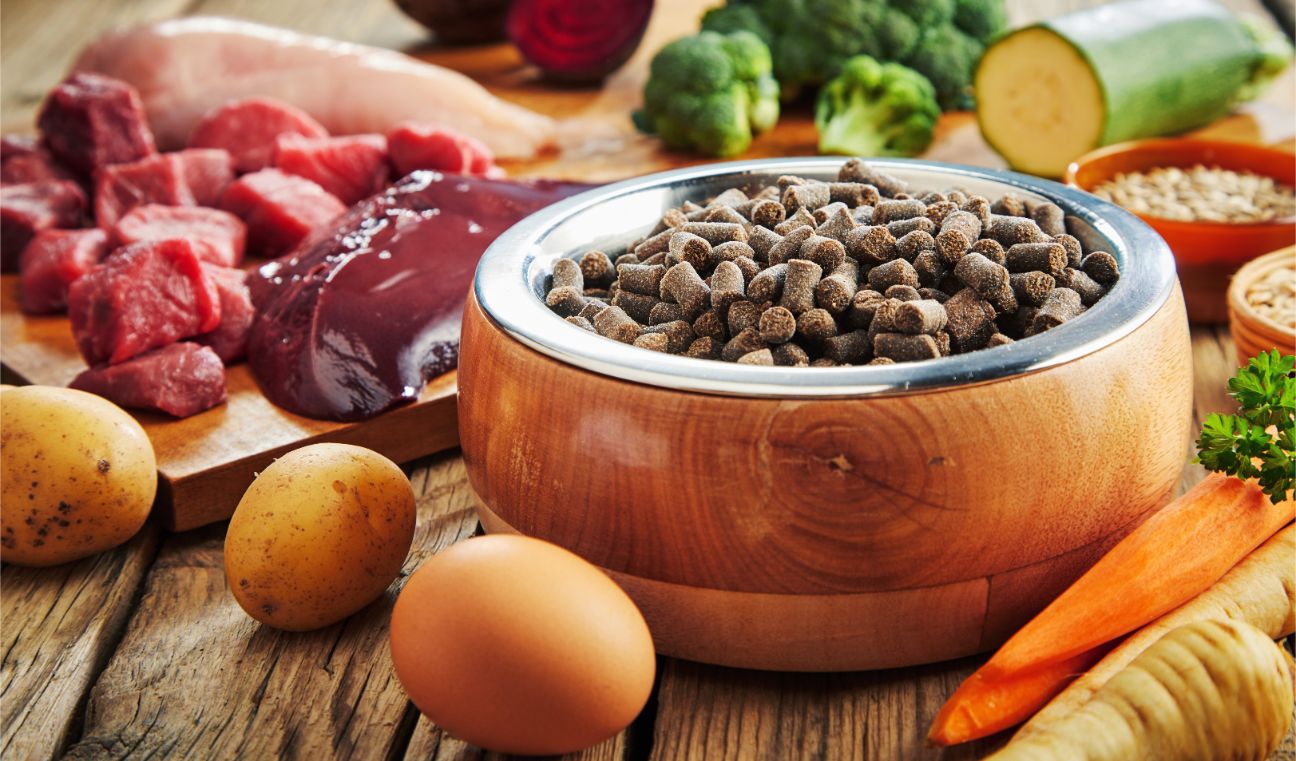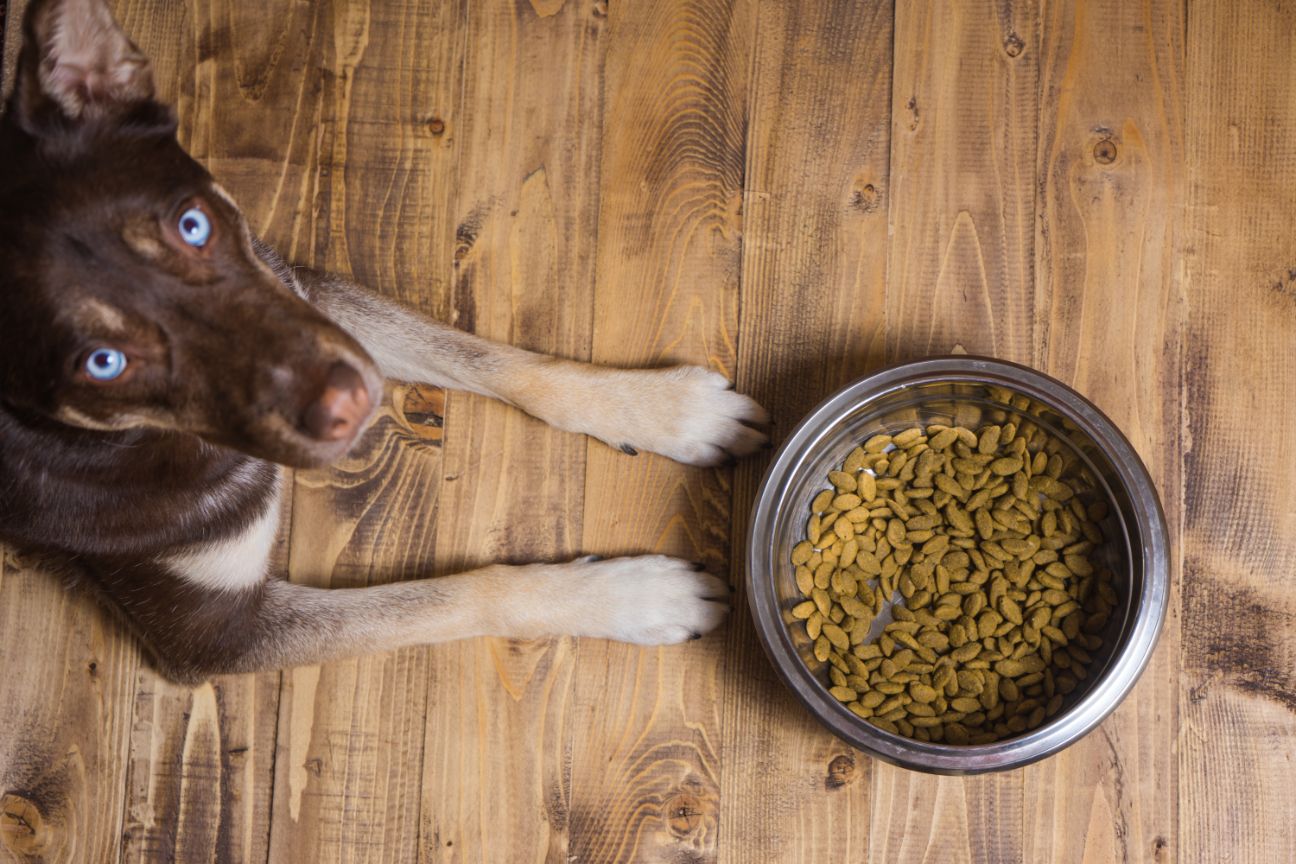With pet food ingredients constantly evolving, elements like GMOs and grains seem to be the new-age culprits. So what's the best kibble for your beloved pet? Read on to find out!
Ever analysed your dog’s kibble? What’s in your dog’s kibble could go a long way in your determining your dog’s health. The list of ingredients on your pet’s food can be pretty insightful in knowing whether or not it could benefit your pet. The first three ingredients, especially, can be your best bet. So here’s a list to help you determine the necessity and importance of certain components of your beloved dog’s kibble!

A good kibble will always have its protein source as the first ingredient. Dogs are omnivores by nature and so it’s natural for them to crave the taste of meat. Meat meets not only the requirement of taste but also that of protein. Protein plays one of the most vital roles in a dog’s physical and mental development. The amino acids in protein help in the production of new skin cells, accelerate hair growth, build muscle tissue, and much more. Common ingredients such as chicken, egg, beef, turkey, duck, lamb, soybeans and fish meal are used in kibbles to provide necessary protein levels.
Have a large breed dog? Ensure that you are feeding them with kibble consisting of glucosamine. Essentially, an amino sugar, glucosamine promotes the optimal development of cartilage, thereby keeping your dog’s joint health in its best condition. This is especially important for large breed dogs, as they are highly susceptible to joint conditions like hip dysplasia which can not only limit your pet’s mobility but even be painful in the long run. Glucosamine is commonly found in shells of shellfish; most dog kibbles, specially designed for large breed dogs, will have an added glucosamine.

While choosing a good kibble for your pet dog, don’t forget giving due consideration to their energy levels. A pet with higher energy levels will have a different calorie requirement than that with low or moderate energy levels. Vegetables like potatoes and carrots are a great source of calories when combined rightly with another ingredient like rice or chicken or other meat. Just make sure to also have an abundant supply of water for your pet while feeding them kibble with vegetables.
Just like us humans, dogs too can benefit from rice should they experience difficulty in digesting their food. The best thing about rice in kibble is that it is suitable for all kinds of breeds. However, it is best suitable for dogs with normal activity levels.
Omega-3 fatty acids have been scientifically known to help in making your pet’s coat thicker and shinier. Salmon is a rich source of this nutrient. Having a higher amount of Omega-3 fatty acids, compared to other sources, Salmon also reduces the effects of histamine produced in response to allergens. You also get Omega-3 supplements in the form of salmon oil and more. What’s more? Salmon is known to be one of the most palatable, easily digestible and loved ingredients of dogs. You must, however, bear in mind to look for a kibble that uses easily traceable and ethically procured salmon.
Pay close attention to your dog’s reactions to certain foods. Pet food has drastically evolved, which means that the ingredients are far more progressed than ever. There’s use of GMOs, grains, fillers (absolutely of no use or help!) and much more that not every pet can react well to. Conditions like allergies are on the rise stemming through sensitivity towards grains. In cases like this, it is best to go grain-free and premium.

Last but not least, know that your pet loves unconditionally, and some thought to what goes in their kibble is one of the best things that you could do to ensure their best health. You determine the quality of your pet’s life by assessing the quality of their kibble, so take a moment to know what you’re feeding your pet. Having said that, don’t forget to consult your pet’s vet before making any changes to your pet's diet!